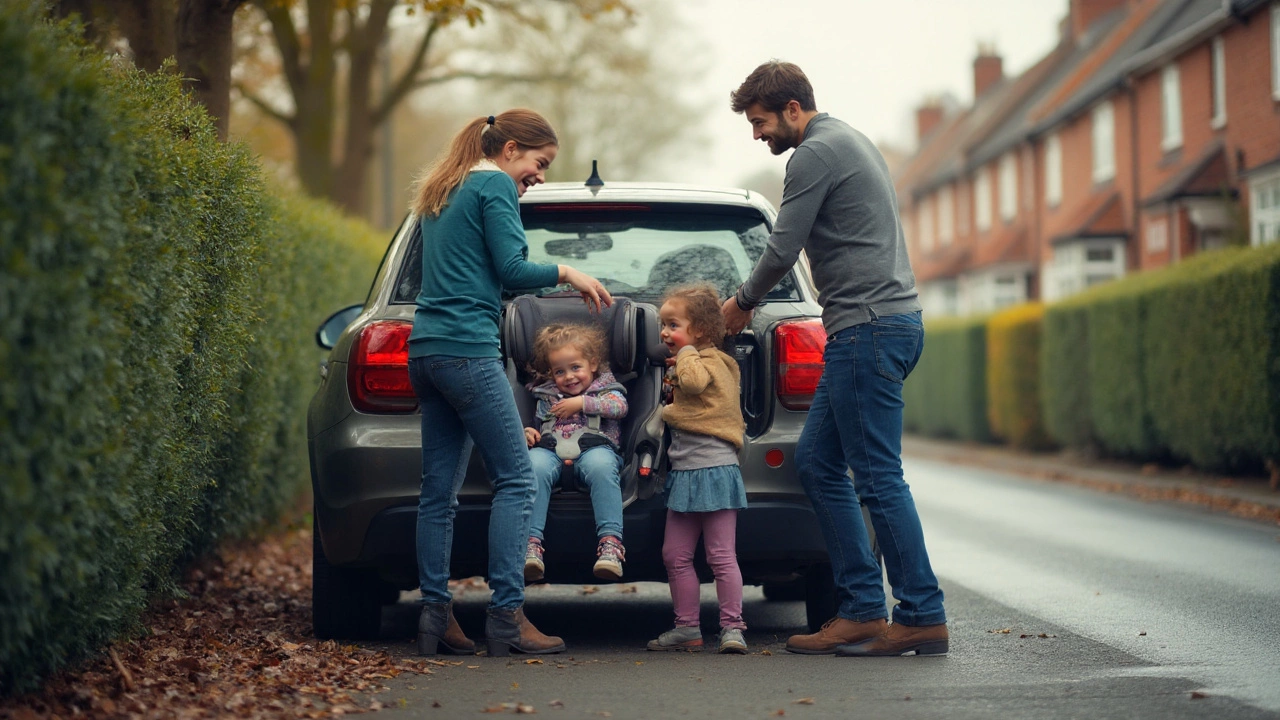UK Law for Parents: The Rules That Keep Your Kids Safe
Being a parent in the UK means juggling diapers, bedtime stories, and a handful of legal requirements you might not have thought about. Don’t worry – we’ve broken down the most important laws into bite‑size tips you can use right now.
Car Seats: What the Law Actually Demands
From the moment your baby is born, the law says they must travel in an approved child car seat. The seat must be suitable for the child’s weight and height, and you have to install it correctly every single trip. Forgetting a seat or using the wrong one can lead to a fine and, more importantly, puts your child at risk.
A common mistake is relying on a “hospital‑provided” seat. Most NHS hospitals don’t give you a car seat to take home, so you need to bring your own. Check the label – it should say “ECE R44/04” or “UN R129” – before you head out.
Hospital Policies and Newborn Rights
When you’re ready to leave the maternity ward, you’ll hear staff talk about “the car seat law.” It simply means you must have a proper seat before leaving. If you’re unsure, ask the midwives for a quick checklist: seat type, correct harness height, and secure installation.
Another thing to know: the UK does not require hospitals to give you a car seat, but they will check that you have one. This is designed to stop un‑prepared parents from driving home with a newborn in a stroller or carrier that isn’t road‑legal.
While you’re in the hospital, you also have rights around baby feeding and discharge timing. If a doctor says you can’t leave without a formula supply, ask for evidence of the local “Free Formula” scheme. Knowing the legal backdrop helps you avoid unnecessary stress.
Walking Home Alone and Other Age‑Related Rules
There’s no specific UK law that says a child can walk home alone at a certain age, but local councils often have guidelines. Most experts suggest waiting until at least 10‑12 years, depending on the neighbourhood and your child’s maturity. When you decide to let them go solo, write down emergency contacts and set clear boundaries.
For older toddlers, the law also covers when you can stop using a stroller. There’s no hard cutoff, but safety advice says to transition once your child can walk confidently for short distances – usually around 3‑4 years.
If you’re planning a family outing, remember that public spaces have their own rules about pets, gates, and child‑proofing. Some venues require you to keep dogs on leashes or use child‑safety barriers. Keeping an eye on local signs can save you a fine and a lot of hassle.
Staying Legal, Staying Safe
Bottom line: the UK has clear, common‑sense laws that protect kids on the road and in public places. Keep a copy of your car seat manual in the glove box, ask hospital staff about discharge requirements, and trust your gut when it comes to letting kids wander alone.
When you combine legal compliance with everyday common sense, you give your child the best chance to grow up safe and happy. Got a specific question about a rule you’ve heard? Drop a comment below and we’ll sort it out together.

When Should Kids Switch to a Booster Seat? UK Car Seat Weight Guidelines
Not sure when your child can swap their car seat for a booster? Here’s everything about weight limits, age rules, and car safety in the UK, plus expert tips.
view more

